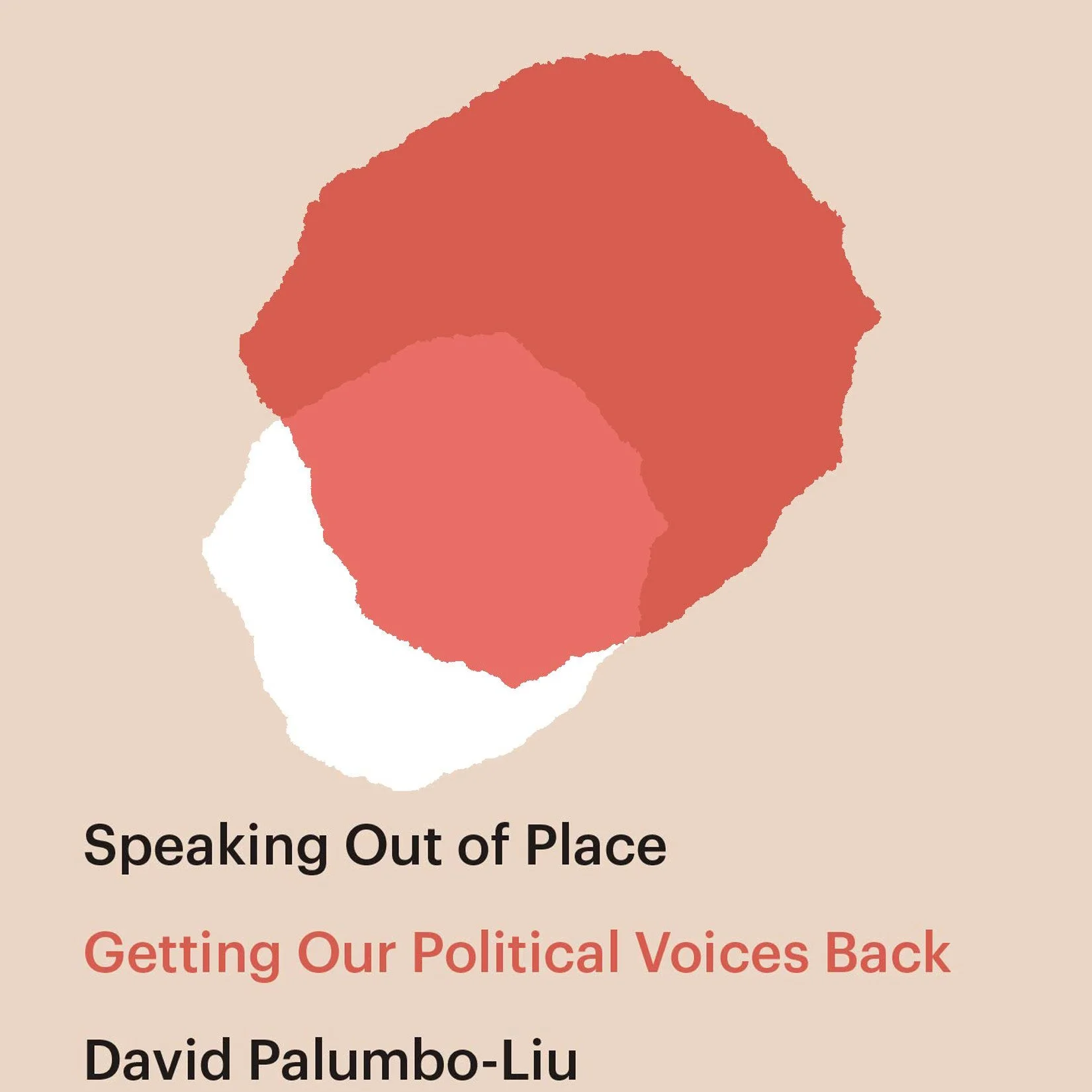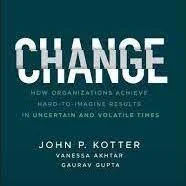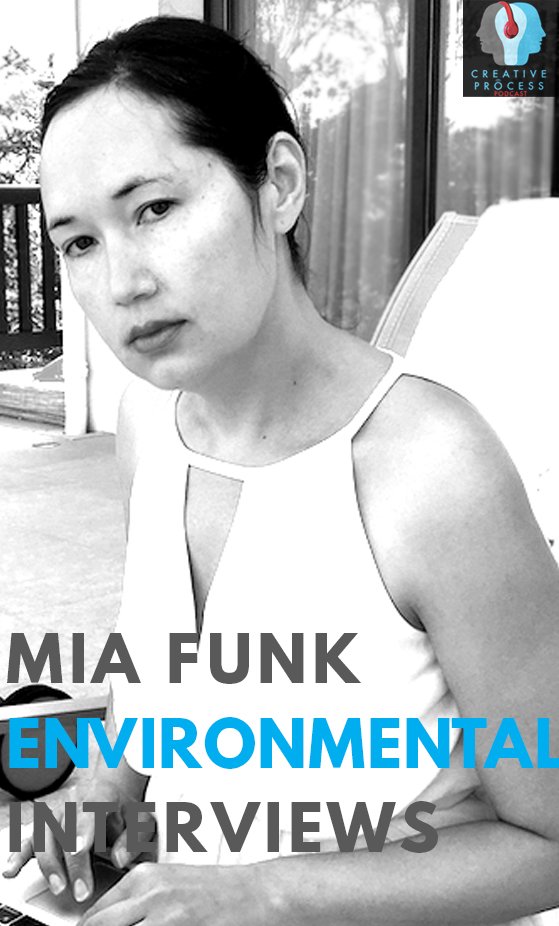(Highlights) PAULA PINHO
/Director of Just Transition at the European Commission Directorate-General for Energy
She is responsible for Just Transition, Consumers, Energy Efficiency, Innovation and Energy security. She has been previously Head of Unit at the Directorate-General Energy in the European Commission. She was responsible for Energy Strategy and Policy coordination and then for Renewables and Energy System Integration Policy and Decarbonisation and Sustainability of Energy Sources. She was Acting Director for Energy Policy where she has overseen notably the work of international energy relations, financial instruments and inter-institutional relations.




















